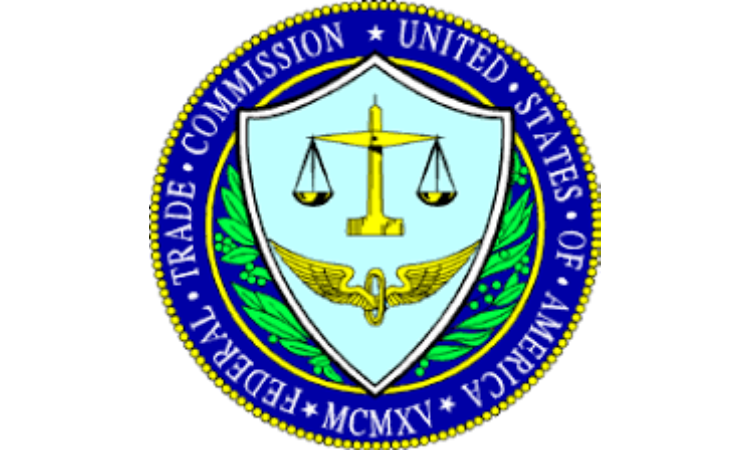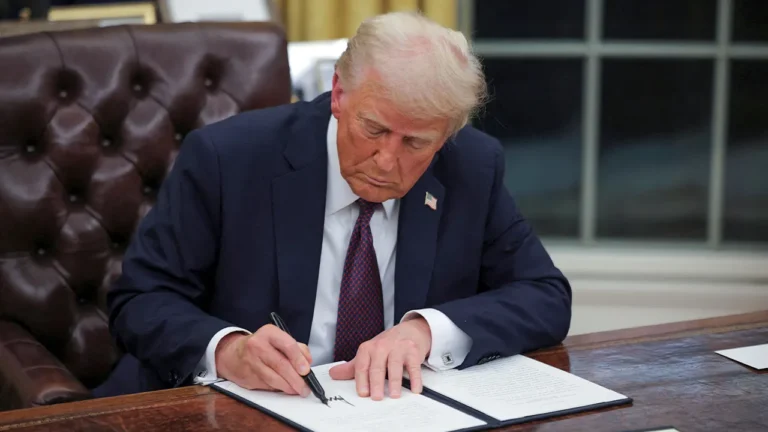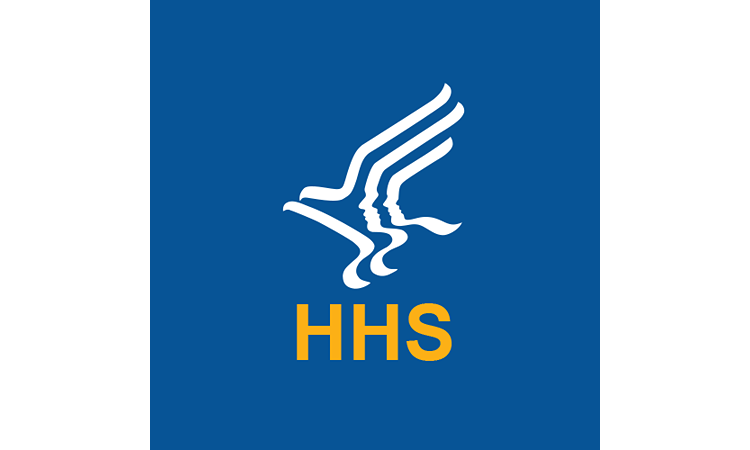Aug. 17, 2020 – The Federal Trade Commission (FTC) recently issued 20 Warning Letters to companies making coronavirus claims for such products as zappers that use certain frequencies to kill viruses or remove pathogens from the body, virus-busting cards to hang around the collar, ozone therapies – including “intravenous ozone” – nasal sprays, and elderberry products, bringing the total number of enforcement letters sent by the FDA to nearly 300 since the beginning of the COVID-19 pandemic.
“The letters make it clear that companies need to clean up their claims about preventing or curing COVID-19,” according to an article posted Aug. 14 on the agency’s Business Blog written by FTC Senior Attorney Lesley Fair.
An FTC spokesperson told the Coalition that the number of Warning Letters the FTC has issued to related to unproven COVID-19 health claims “is unprecedented,” and that “the variety of products and purported therapies that have been the subject of our [enforcement] is vast, but it’s not surprising that marketers will find creative ways to try to appeal to Americans who are looking for solutions during the current pandemic.
“It is highly concerning that so many products are making unsupported claims for efficacy in COVID-19, preying on a worried public during an international pandemic,” said Coalition for Healthcare Communication Executive Director Jon Bigelow. “We commend the FTC for aggressively fighting these attempts at consumer fraud.”
In the recent wave of enforcement letters, entities have been called out by the FTC for “promises that have raised the most recent concerns.” Those cited in these letters include:
- The 1 Virus Buster
- Active Lifestyle Clinic
- Dave Asprey
- Back 2 Health Family Wellness Center
- Bottom Line Inc.
- Breiner Whole-Body Health
- CoviDoctors
- Fortifeye Vitamins
- Gesundheit Nutrition Center
- Hackbart Chiropractic
- Hyde Park Holistic Center
- Rosita Moshtagh
- Natural Health Center of Clifton
- com
- NSideOut Health
- Provita Health Store
- Silver Cancer Institute & Center for Chronic Disease
- UWell Life Inc.
- Whole Word Botanicals
- Xlear
Fair states in the Aug. 14 blog post that “Like the hundreds of Warning Letters FTC staff has already sent, the latest letters get back to brass tacks: ‘It is unlawful under the FTC Act … to advertise that a product or service can prevent, treat, or cure human disease unless you possess competent and reliable scientific evidence, including, when appropriate, well-controlled human clinical studies, substantiating that the claims are true at the time they are made. For COVID-19, no such study is known to exist for the product[s] identified above. Thus, any coronavirus-related prevention claims regarding such products are not supported by competent and reliable scientific evidence.’”
In other words, marketers “cannot promise a product will prevent or treat a disease without having solid scientific evidence that it works,” the FTC spokesperson said. “The FTC will continue to be vigilant and take action to stop unsupported claims.”
The FTC states in its enforcement letters that the cited entities “must immediately cease making all such claims.” To underscore that mandate, the FTC recently filed suit against a company that failed to take these actions.
In a June 17 blog post by Fair discussing that suit, she stated that all marketing companies should be aware that they are subject to the FTC’s prohibition on deceptive and unfair practices. “The scope of the FTC Act is broad and in appropriate cases, the FTC has taken action against illegal conduct by advertising agencies, public relations firms, industry-specific promotional businesses, and others in the marketing ecosystem,” according to Fair. “What’s more, FTC cases have named officers of those companies not just in their corporate capacities, but as individuals, too”




